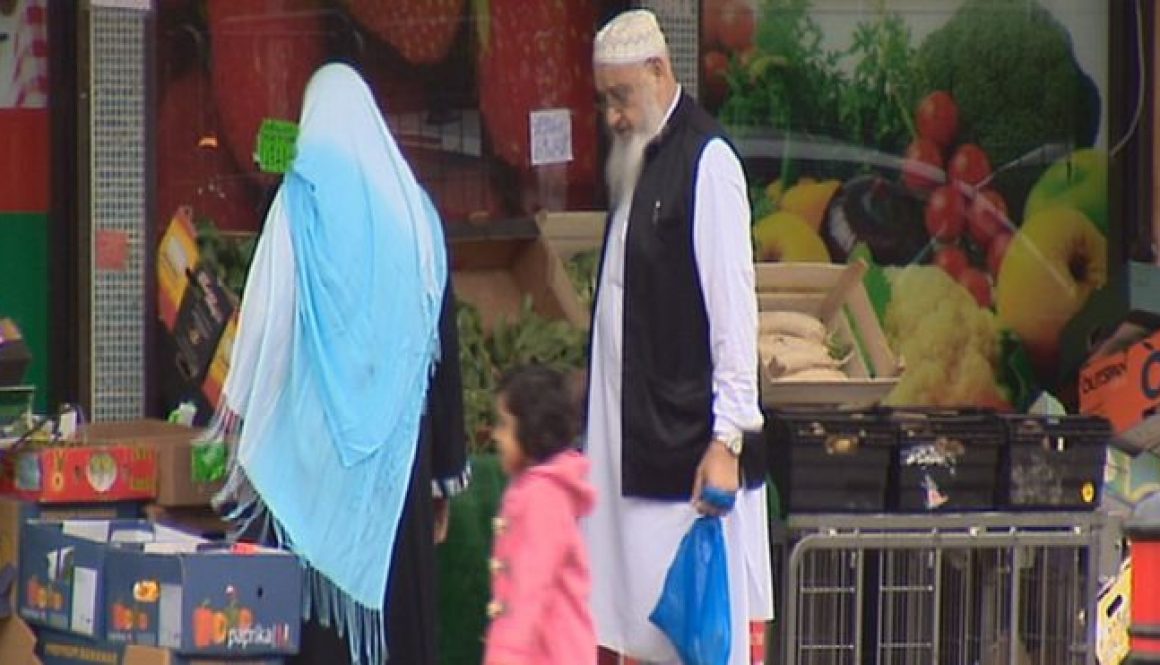‘Different’ Scots approach to race equality identified
Scotland is developing a different approach to race equality to the rest of the UK, a new report has said.
Matters of equality are reserved to the UK government at Westminster.
But the report said successive Scottish governments had developed distinctive Scottish policies.
It said considerable progress has been made in tackling racism but a significant proportion of the black and ethnic minority (BME) community had experienced discrimination.
The report, Scotland and Race Equality: Directions in Policy and Identity, was produced by the Runnymede Trust, an independent think tank on race equality and race relations.
Professor Nasar Meer of Strathclyde University, who edited it, said the Scottish government controlled health and education, so was responsible for ensuring equality polices were applied in these areas.
He said: “Because health and education are devolved, the Scottish government also takes on equality duties there. These include equal opportunities monitoring, such as the number of BME workers in the NHS and the rest of the public sector.”
‘Ethnic penalties’
But he said there was still much to do, with ‘ethnic penalties’ continuing to permeate life-chances in education and employment. .
“If we look at the data, we find consistently that young men from BME backgrounds are more likely to be unemployed or in lower-paid work in Scotland than in other parts of the UK,” he said.
“And while pupils from black or ethnic minorities show better educational outcomes than white children, they are considerably under-represented in the workplace, in management or supervisory positions.”
The researchers called for the delivery of racial equality initiatives to be assessed in the context of the new Race Equality Framework Scotland.
Announcing the 15-year programme, in March 2016, the Scottish government said it was determined to show leadership in advancing race equality, tackling racism and addressing the barriers that prevented people from minority ethnic communities from realising their potential.
It set out how this would be progressed from 2016 to 2030.
Carol Young, of the Coalition of Race Equality and Rights (CRER), said: “Scotland’s public sector needs to get to grips with some concepts it may find uncomfortable.
“Stronger, bolder commitments from our public authorities are needed to ensure Scotland’s approach to race equality is successful to challenge racial inequality effectively.”
Omar Khan, director of the Runnymede Trust, said: “Race equality hasn’t featured centrally in the reinvigorated debates about Scotland’s identity and its place in the UK.
“Runnymede is delighted to publish this important volume outlining the distinctive debates and policies on race equality in Scotland, but also their relevance for the rest of the United Kingdom.”

